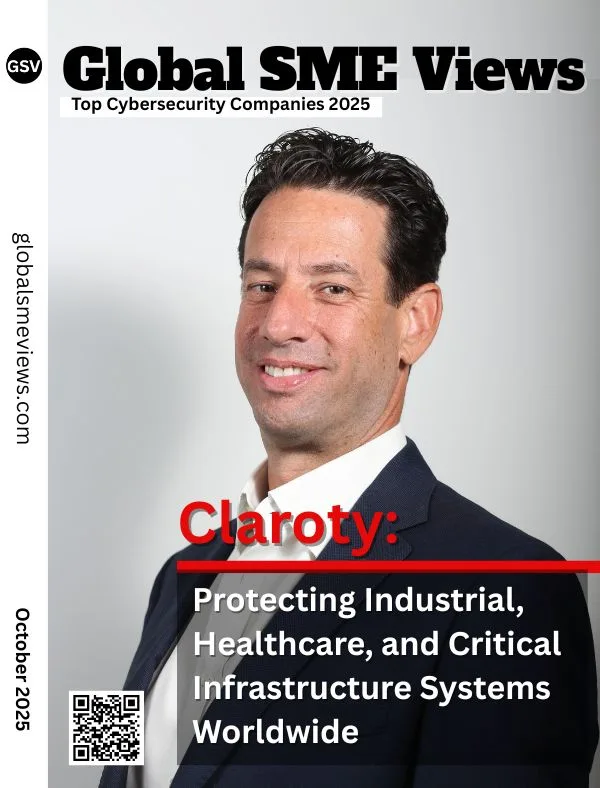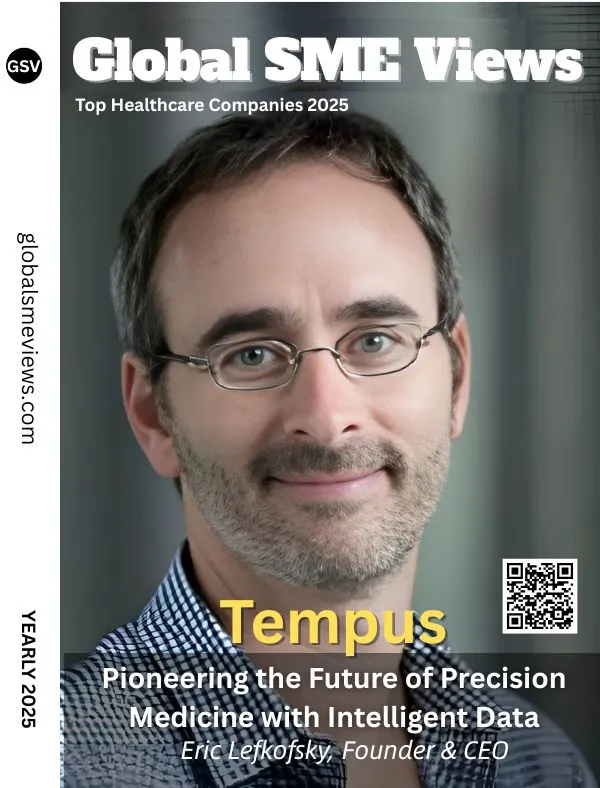For the following five months, the world's best machine learning minds will compete to address one of neuroscience's most forbidding challenges: predicting speech of a brain-computer interface user after losing speech due to a neurodegenerative disease.
The Brain-to-Text Competition 2025, sponsored by the University of California, Davis's Neuroprosthetics Lab, invites researchers, coders, and inventors to create word-prediction algorithms using brain data. The stakes are high—beyond the first prize of $5,000, the outcome could bring forward technologies to restore natural speech to the speechless.
From Brain Data to Sentences
The rival teams will be working with neural recordings of Casey Harrell, a 46-year-old patient with ALS. Scientists at UC Davis have been teaching a speech BCI on Harrell's brain waves for two years with a decoding rate of more than 97 percent. In fact, the system can even produce Harrell's own voice in real-time, giving him a way to communicate with his family and doctors.
The contest is a two-step process. Algoirthms first have to forecast phonemes—the building blocks of speech—based on brain activity. Next, they have to string the sounds together as words and sentences. The contestants will train their models on almost 11,000 brain data sentences with transcripts. Their real testing ground will be when they try to decode 1,450 never-before-seen sentences from data set aside for testing.
The sole performance measure is the word error rate, or WER—the proportion of words received inaccurately. The UC Davis team has already reached a WER of 6.70 percent, but the organizers expect that through an open competition, the result can still be bettered.
Building on Last Year's Triumph
The Brain-to-Text Competition 2025 is the second open competition in this field. The first version, run by Stanford University in 2024, began with an 11.06 percent error rate and ended with a victorious algorithm that had brought it down by nearly half, to 5.77 percent. This year, scientists have aimed higher by lowering the initial error rate and introducing new prize categories.
Cash prizes are awarded not only for the lowest error rates but also for the most innovative solutions. The highest performing team is awarded a $5,000 prize, the second team gets $3,000, and the most innovative solution gets $1,000. Sponsors of the competition include Blackrock Neurotech, a company whose electrodes and hardware have been at the focus of the BrainGate consortium's clinical trials since 2006.
Balancing Open Science with Ethics
While the competition provokes creativity and collaboration, it also poses an ethical dilemma. Brain information is very intimate, and experts worry about the long-term impact of putting such information in the public eye.
North Carolina State University bioethicist Veljko Dubljević suggests that although datasets today appear anonymous, technology might find decades down the line sensitive personal information. His suggestion is that public access be limited to five years for the protection of patients. Here, though, the patient himself has already made his voice heard. Harrell himself has addressed his experience with ALS, even in a New England Journal of Medicine interview. He characterized the disease as a "slow-motion car crash" and stated losing his voice was the worst because it was difficult for him to bond with his daughter.
Why Open Collaboration Matters
The competition organizers believe that opening up data will develop the field faster than it could be developed through closed research.
Nick Card, a postdoctoral researcher at UC Davis and coordinating the event, explains that the hope is to reach a broader community of machine learning researchers. "If we made it private, it would take longer. By making it public, we're giving capable people who might not otherwise contribute to BCIs a chance to contribute."
This open-door policy would bring in not just academics, but also lone programmers with radical mindsets. Experts like Konrad Kording of the University of Pennsylvania are sure some of the most successful algorithms will come from outsiders who have a "street fighting" mentality of machine learning—results-oriented, not theoretical.
Towards a Future of Restored Speech
The Brain-to-Text Competition 2025 is not merely a contest—it is a glimpse into the future of human speech. Using machine learning to interpret the brain's speech signals, researchers envision giving non-speakers a means of communicating in their own voice.
Although cash prizes attract inventors across all disciplines, the ultimate reward is the same: altering lives by ending silence created by neurological illness. If successful, this year's competition could set new standards for accuracy and innovation in speech BCIs—and bring society one step closer to seamless brain-to-speech translation.










